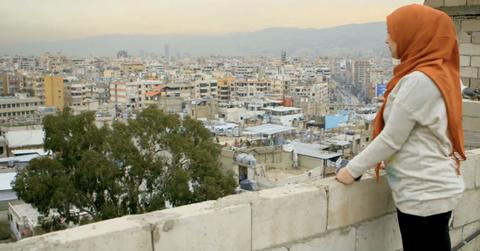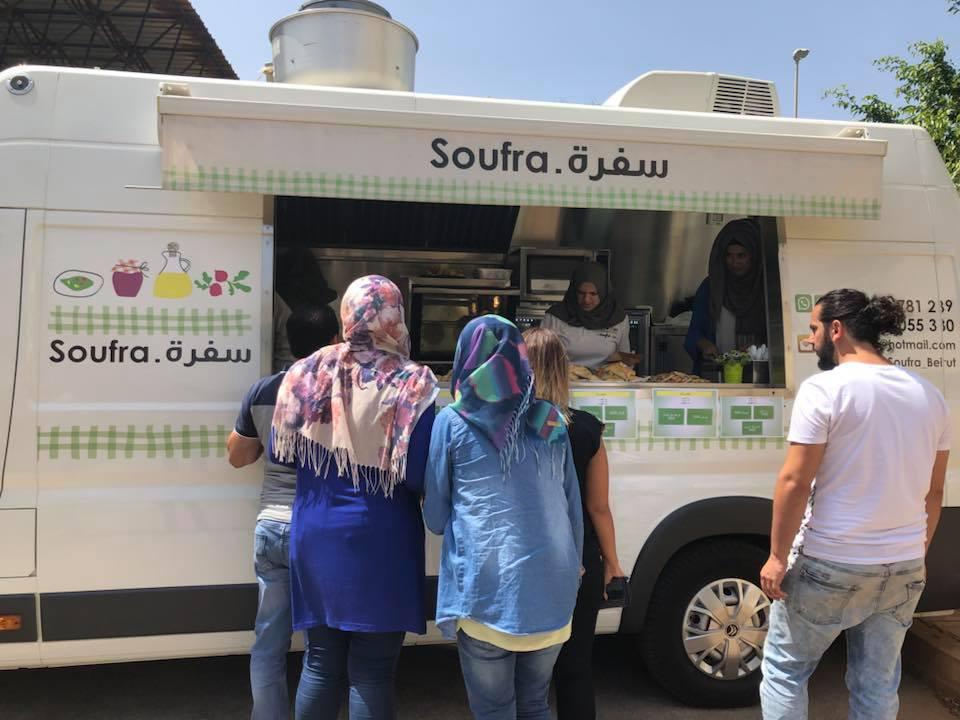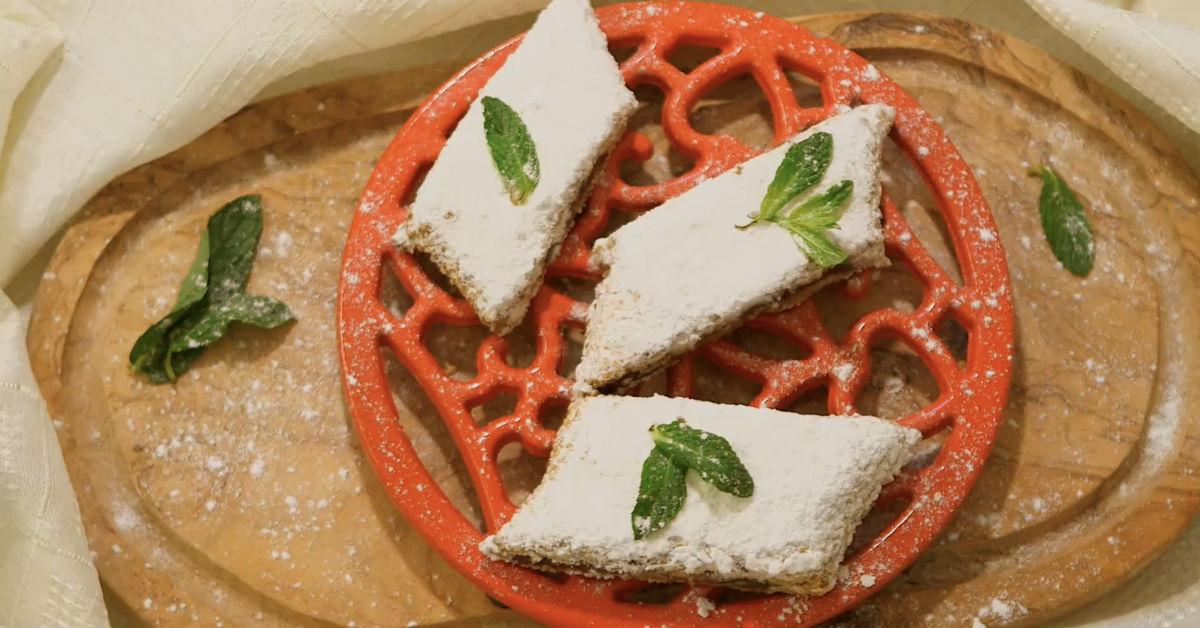How A Group Of Refugee Women Started Their Own Organic Rooftop Garden
The garden will supply fresh produce for Soufra, a catering and food truck business started by female Palestinian refugees in Lebanon.
Updated Nov. 2 2018, 12:45 p.m. ET
The Burj al-Barajneh Refugee Camp in Lebanon just got its own organic rooftop garden, thanks to the work of women living on the camp site. The garden will allow these women to produce vegetables and herbs for their growing catering company, Soufra.
Soufra was founded by Miriam Shaar, a generational refugee who grew up and lives in the camp, located near Beirut. She was the subject of the 2017 documentary Soufra, which chronicles her efforts to expand her catering business into a food truck entreprise — all with the help of other female refugees living in Burj al-Barajneh.
Shaar’s company was founded with the help of the Women’s Program Association (WPA), an NGO that supports women and children at nine of Lebanon’s 12 Palestinian refugee camps. The WPA seeks to promote independence, empowerment, and a better quality of life among the millions of young and/or female Palestinian refugees in the country. As Soufra’s sponsor, it has already helped employ the company’s roughly 45 workers, who are mostly female.
But now, Soufra is set to get another boost. According to a press release, the Norwegian embassy has approved a $21,000 grant for the business to establish a rooftop organic garden. The space will be sustainably managed through “eco planters” from Cedar International, a local environmental engineering firm. These planters are molded from plastic waste, and more than 2,600 plants can be grown inside them.
The actual growing methods will also skew towards sustainability. The press release claims more than 120 kilograms of compost has been allotted for the garden, as well as 266 liters of mulch from shredded agricultural waste. The WPA has also chipped in a composting unit, which will transform food waste generated by the company into new fertilizer for the garden.
Soufra’s garden will reduce water use through an irrigation system that will collect condensed water from 10 air conditioner units in the building, storing it in tanks until the crops need nourishment. This system will, in turn, reduce the runoff from the units, which tends to pool on the building and can lead to waterborne disease.
On top of all that, the garden will rely on zero pesticides, herbicides, or chemical fertilizers to grow produce.
The garden project is designed to divert waste from Lebanon landfills and minimize water, making the Burj al-Barajneh camp a little more eco-friendly. But it will also supply Soufra with most of its produce, bringing down supply costs and allowing the women who run the business to handle (and inspect) the food themselves.
The company’s clients will now be able to enjoy fresh, organic food, while the company’s employees will gain just a little more autonomy — all with minimal impact on the earth.


